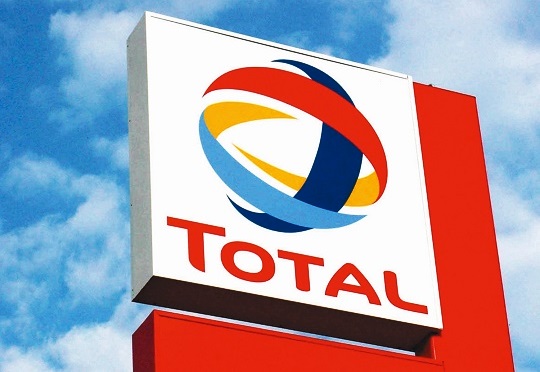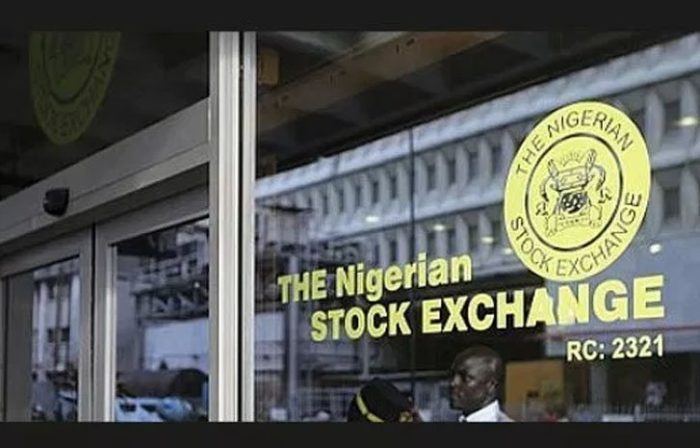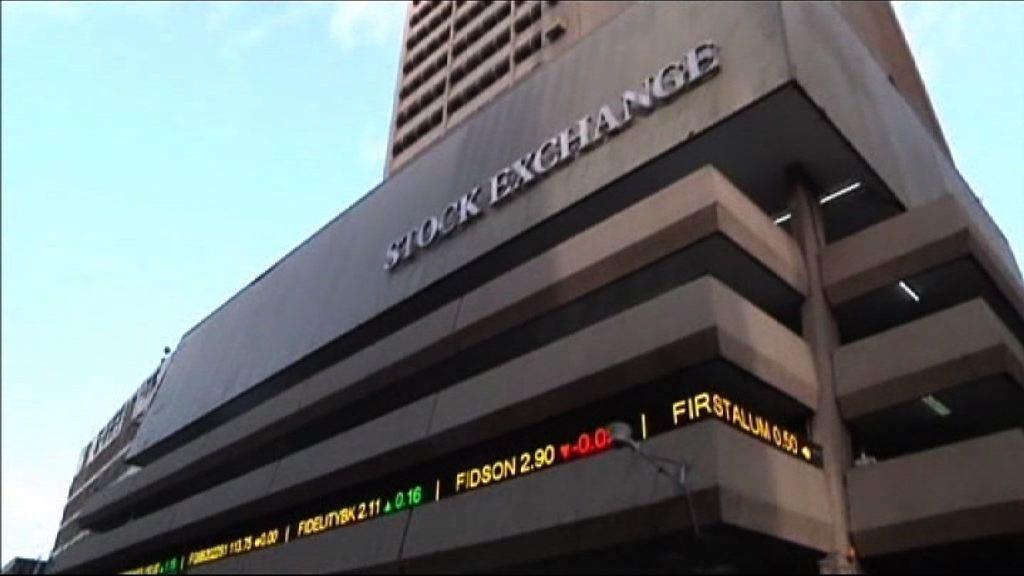By Chioma Obinagwam
Total Nigeria has said it would maintain leadership position in delivering solar solutions to the Nigerian market.
The chairman of the bank, Momer Nguer disclosed this at the company’s 38th Annual General Meeting(AGM) held at the weekend in Lagos.
He said:”We want to be the leader in terms of solar solutions. We are doing experiments on the product and will push them to the market once we are sure it will serve the consumers’ problems.”
In retrospect, Nguer had informed shareholders that the company would be introducing the Solar Home System(SHS) into the Nigerian market in 2016.
The SHS is a solar power driven energy solution for homes.
“We also have a solar hybrid solution. Our solar activities, be it Awango, SHS, solar stations or hybrid solutions are really a true demonstration of our commitment to better energy,” he stated.
Apart from making significant investment in solar solutions, the chairman stated that it would extend such investment to storage facilities by investing heavily in it.
In terms of the company’s strategies in leveraging on the deregulated environment, the chairman noted that the it is still observing to know the government’s stance on deregulation, since the policy is still in its nascent phase.
“On the issue of deregulation, we should leave refinery for now and see how the policy goes with the government,” Nguer said.
Meanwhile, shareholders of the company unanimously approved the a final dividend of N12 per share, which translates to a total final dividend payout of N4.07 billion.
This is a follow-up of the sum of N679 million earlier paid to shareholders as interim dividends, representing N2 per share dividend.
Nevertheless, key extracts from the December 31, 2015 audited results showed that the company recorded a 13.5 per cent decline in its turnover from the N240.6 billion in 2014 to N208 billion in the review period.
Furthermore, Profit After Tax(PAT) reduced by 23.5 per cent to N4.05 billion from N5.30 billion.
Also, Interest Expense was N1.8 billion and 31.7 per cent lower than the previous year.
The company explained that the decline was as a result of lower overdrafts in comparison with 2014.

 Latest3 days ago
Latest3 days ago
 Trends4 days ago
Trends4 days ago
 Energy1 week ago
Energy1 week ago
 Education1 week ago
Education1 week ago
 Business6 days ago
Business6 days ago
 Football6 days ago
Football6 days ago
 Featured6 days ago
Featured6 days ago
 Health5 days ago
Health5 days ago



